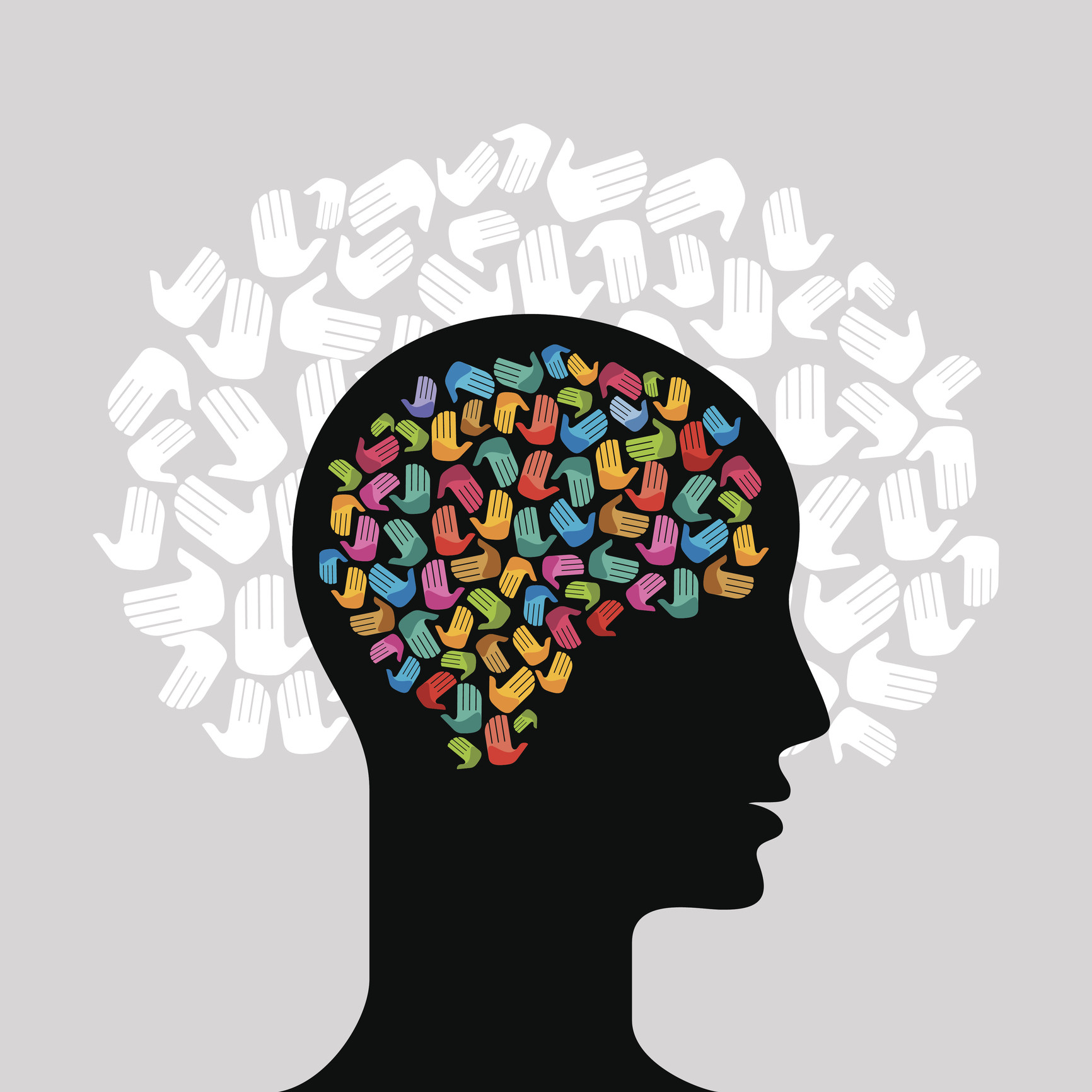
Can white noise really help you sleep better?

Celiac disease: Exploring four myths

What is prostatitis and how is it treated?

What is Cushing syndrome?

Exercises to relieve joint pain

Think your child has ADHD? What your pediatrician can do

Foam roller: Could you benefit from this massage tool?

Stepping up activity if winter slowed you down

Common causes of cloudy urine

Dragon fruit: How to enjoy this antioxidant-rich fruit
Mental Health Archive
Articles
Physicians and opioids: Part of the solution, but challenges ahead
As doctors acknowledge the role that they have played in the current opioid crisis, they, along with hospitals, medical schools, and other members of the medical community have worked to address the issue on several fronts, including instituting prescribing guidelines and offering continuing education to prescribers.
Look on the bright side and maybe even live longer
Studies suggest that adopting a sunnier outlook may improve your health and even extend your life.
Image: © lzf /Thinkstock
In these turbulent times, it's sometimes a struggle to maintain a glass-half-full view of life. But if you can, it may serve you well. A growing body of research links optimism—a sense that all will be well—to a lower risk for mental or physical health issues and to better odds of a longer life.
One of the largest such studies was led by researchers Dr. Kaitlin Hagan and Dr. Eric Kim at Harvard's T.H. Chan School of Public Health. Their team analyzed data from 70,000 women in the Nurses' Health Study who, in 2004, had answered questions about how they viewed their futures
Take steps to prevent or reverse stress-related health problems
The relaxation response appears to manage stress and some chronic conditions at the deepest levels.
Image: © XiXinXing/Thinkstock
Chronic stress takes a toll on the body: it contributes to everything from high blood pressure and heart disease to anxiety, digestive disorders, and slow wound healing. On the flip side, managing stress helps control many chronic conditions or reduce your risk for developing them. Strategies include regular exercise, a healthy diet, and better sleep. And one strategy in particular—eliciting the relaxation response—may enable you to manage stress right down to your genes.
The anti-stressor
Relaxation response and genes
In the past decade, several studies from the Benson-Henry Institute have suggested that the relaxation response is associated with changes in genes that influence health. Among the findings are effects on the following:
Blood pressure. The relaxation response may activate genes associated with dilating the blood vessels and reduce activity of genes associated with blood vessel narrowing and inflammation. "It increases nitric oxide production, which in-creases the elasticity of the blood vessels and relaxes them," says Dr. Mehta. That can help lower blood pressure.
Blood sugar. The relaxation response may improve insulin activity by activating genes that help to control blood sugar.
Digestion. The relaxation response may reduce the activity of genes directly linked to the processes of inflammatory bowel disease (including Crohn's disease and ulcerative colitis). "Stress stimulates the digestive tract, which may cause diarrhea or nausea. The relaxation response returns gastrointestinal movement to a balanced state," explains Dr. Mehta.
Inflammation. "The relaxation response appears to turn off genes implicated in inflammation, and the stress response itself," says Dr. Mehta. While we need inflammation to fight infection and heal the body, chronic stress puts the body in a constant state of inflammation. That can increase plaque buildup inside coronary arteries, which may raise the risk for heart attack, stroke, and chest pain, and can also trigger unregulated cell growth, contributing to cancer risk. Does this mean the relaxation response can prevent health problems, or even reverse health problems that have already appeared? "It's encouraging, and we are studying that question right now," says Dr. Mehta.
Trigger the response
More ways to get there
Other techniques that evoke the relaxation response include mindfulness meditation, tai chi, yoga, and the following methods.
Focused breathing. Focusing on slow, deep breaths can be calming. Make sure your belly moves in and out as you breathe.
A body scan. Concentrate on one part of the body. Imagine it is open, warm, and relaxed, and that you are releasing tension from that area. Move on to another body part and repeat the process.
Guided imagery. Create a soothing scene in your mind that makes you feel relaxed. It may be a place or an experience. Allow your senses to be involved, imagining the smells you are encountering, the sounds you are hearing, and the ways things feel in your hands.
Repetitive prayer. Repeat a favorite prayer from your faith either silently or out loud. You can use a guide (such as your breathing or a rosary) to help with the repetition.
For more information, contact the Benson-Henry Institute for Mind Body Medicine at 617-643-6090 or www.bensonhenryinstitute.org.
What the 21st Century Cures Act means for behavioral health
The 21st Century Cures Act, passed by Congress and signed into law by President Obama in December, provides or extends funding for a variety of health initiatives, including support for people with mental health and substance use issues. It builds on important innovations introduced in the Mental Health Parity and Addictions Equity Act and the Affordable Care Act.
3 easy ways to boost your brain
Mind-bending puzzles aren't the only route to improving memory and reason. Activities that engage your emotions and senses may be even better.
Image: JDwow /Thinkstock
In the midst of promotions for commercial brain training programs to ward off age-related cognitive decline, a few studies are beginning to indicate that simple pleasures may be even more productive. You may find that doing one of the following is an easier and more rewarding way to boost your brain than doing computer-based exercises.
1. Care for a dog
2. Color a picture
It's little wonder that 12 million adult coloring books—based on topics ranging from endangered species to art nouveau designs—were sold in 2015. Crayon sales also jumped by $11 million. Creating art—even if it means coloring inside the lines—can be both stimulating and relaxing.
Moreover, according to a 2015 German study, actively creating art also improves spatial reasoning. The German researchers randomly assigned 28 retirees in their 60s to two groups, both of which met weekly for 10 weeks. One group took classes in which they drew, sculpted, or painted; the other went to museums and analyzed the art they viewed. Both groups underwent tests and brain MRI scans at the beginning and end of the study. The researchers determined that, compared with the people who analyzed art, those who created art had greater improvement in the ability to detect spatial relationships and more activity in the region of the brain responsible for spatial perception.
3.Play with a child
Loneliness may be a marker for Alzheimer’s disease
Older adults who report feeling lonely had a greater risk of testing positive for high amyloid levels in the brain, a marker of Alzheimer’s disease, according to research from the Harvard Aging Brain Study.

Can white noise really help you sleep better?

Celiac disease: Exploring four myths

What is prostatitis and how is it treated?

What is Cushing syndrome?

Exercises to relieve joint pain

Think your child has ADHD? What your pediatrician can do

Foam roller: Could you benefit from this massage tool?

Stepping up activity if winter slowed you down

Common causes of cloudy urine

Dragon fruit: How to enjoy this antioxidant-rich fruit
Free Healthbeat Signup
Get the latest in health news delivered to your inbox!
Sign Up











